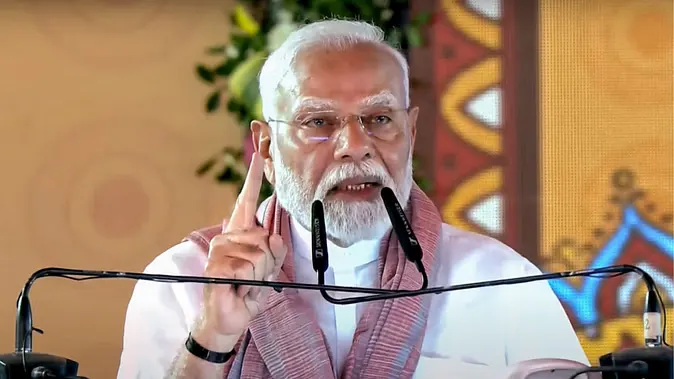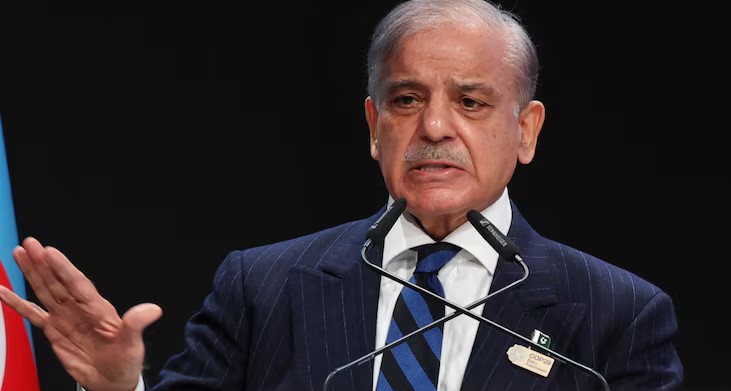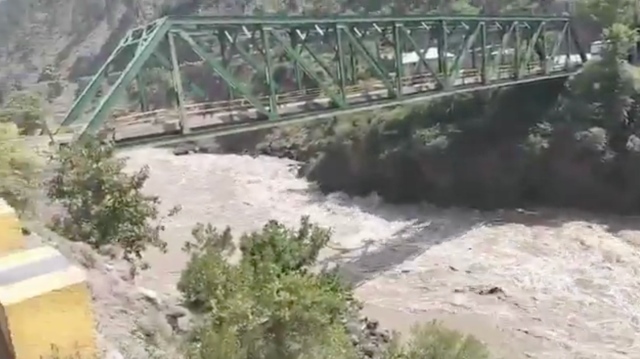Social media is abuzz with videos being shared by Pakistani citizens and reports by the country’s media which claim India has released water into the Jhelum River without prior intimation, which has caused sudden flooding near Chakothi in Pakistan-occupied Kashmir (PoK). Residents along the riverbanks have started panicking and fleeing to safer locations.
Pakistan-occupied Kashmir (PoK) witnessed panic on Saturday after a sudden, alarming rise in the River Jhelum’s water levels triggered emergency alerts across Muzaffarabad. From the Chakothi border to Muzaffarabad city, there is a growing fear as the river swelled rapidly. Villages like Hattian Bala, Ghari Dupatta and Majhoi which are located along the riverbanks are experiencing panic, with residents trying to vacate to safer areas.
Pakistan calls it retaliation by India
Pakistani authorities have issued warnings, calling this a part of India’s retaliation to the terror attack in Pahalgam earlier this week, which left 26 Indian citizens dead.
As per media reports, a sudden torrent flowed from India’s Anantnag district through Chakothi. Social media is buzzing videos from PoK, showing the river Jhelum raging.
“India’s reckless release of excess water into the Jhelum River from Anantnag has dangerously raised water levels, threatening lives and livelihoods downstream. India should be dealt with accordingly and stop this water terrorism,” tweeted a social media user from Pakistan sharing visuals of swelling Jhelum water.
India’s reckless release of excess water into the Jhelum River from Anantnag has dangerously raised water levels, threatening lives and livelihoods downstream. India should be dealt with accordingly and stop this water terrorism. pic.twitter.com/4ePSxL2Uc4
— Jannat Bilal Mustafa Khar (@jannat_khar) April 26, 2025
India ignores allegation
However, Indian authorities are yet to comment on these allegations, ignoring Islamabad’s claims of retaliation. The situation has created uncertainty and concern among the affected communities. The sharp rise in water levels has caused fear among people living near the river, who are anxious about potential damage and displacement.
The lack of communication between the two countries have only enhanced the tension, with disputes over water sharing being a part of India-Pakistan bilateral history.
PM Modi roars in Bihar, vows punishment for terrorists
This comes just a couple of days after Prime Minister Narendra Modi stated on Thursday that India will “trace and punish every terrorist and their backers” of the Pahalgam terror attack. The prime minister who launched a bunch of projects in the state ahead of the Bihar Assembly Elections, roared saying “terrorism will not go unpunished” and justice will be served.

“Today, on the soil of Bihar, I say to the whole world, India will identify, trace and punish every terrorist and their backers. We will pursue them to the ends of the Earth. India’s spirit will never be broken by terrorism. Terrorism will not go unpunished. Every effort will be made to make sure that justice is done. The entire nation is one in this resolve. Everyone who believes in humanity is with us. I thank the people of various countries and their leaders who have stood with us,” PM Modi said while addressing a gathering in Bihar’s Madhubani district.
Pakistan PM eager for “neutral and transparent” investigation into Pahalgam attack
Meanwhile, Pakistan Prime Minister Shehbaz Sharif has expressed that he is eager to participate in a “neutral and transparent” investigation into the Pahalgam attacks.



